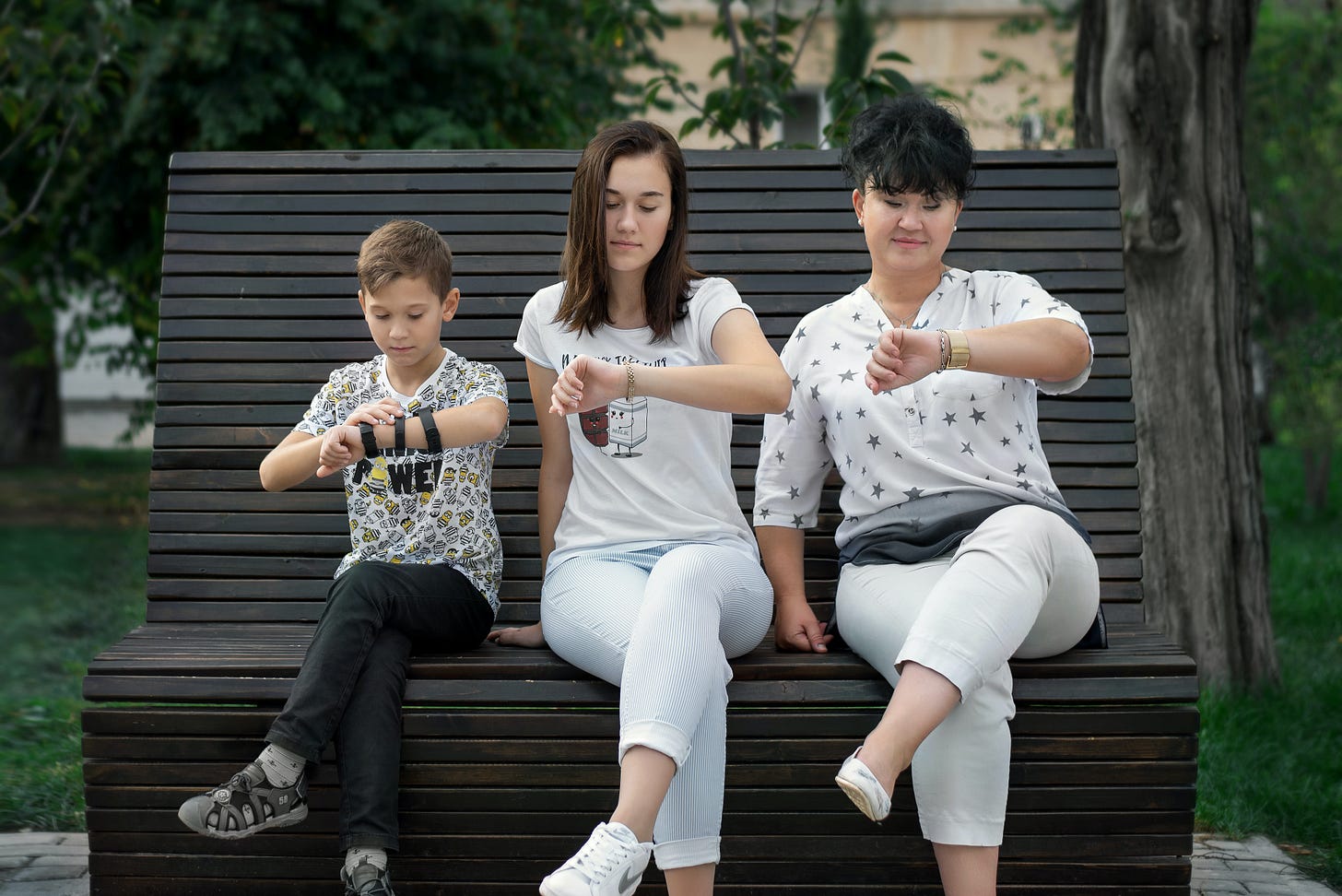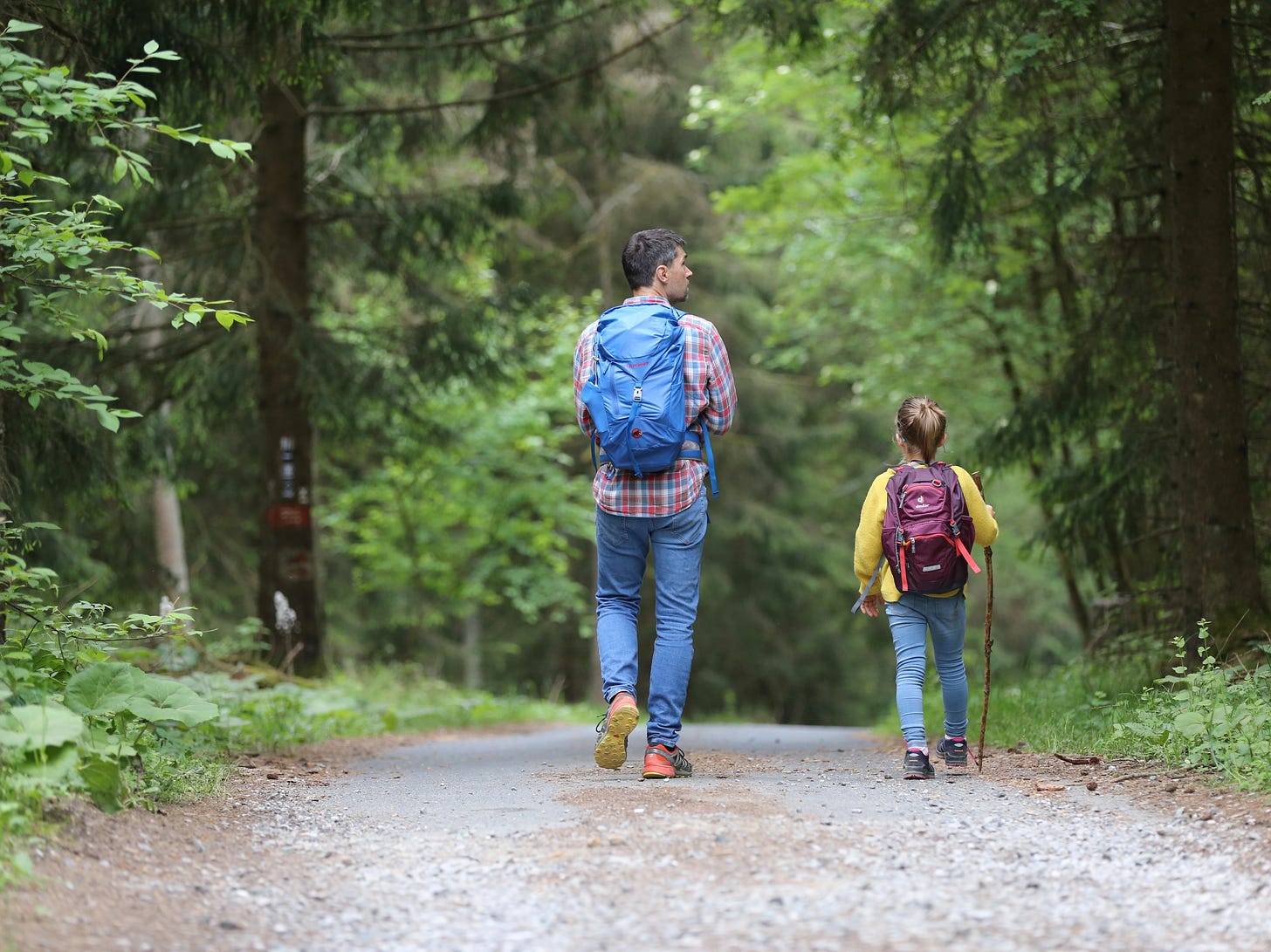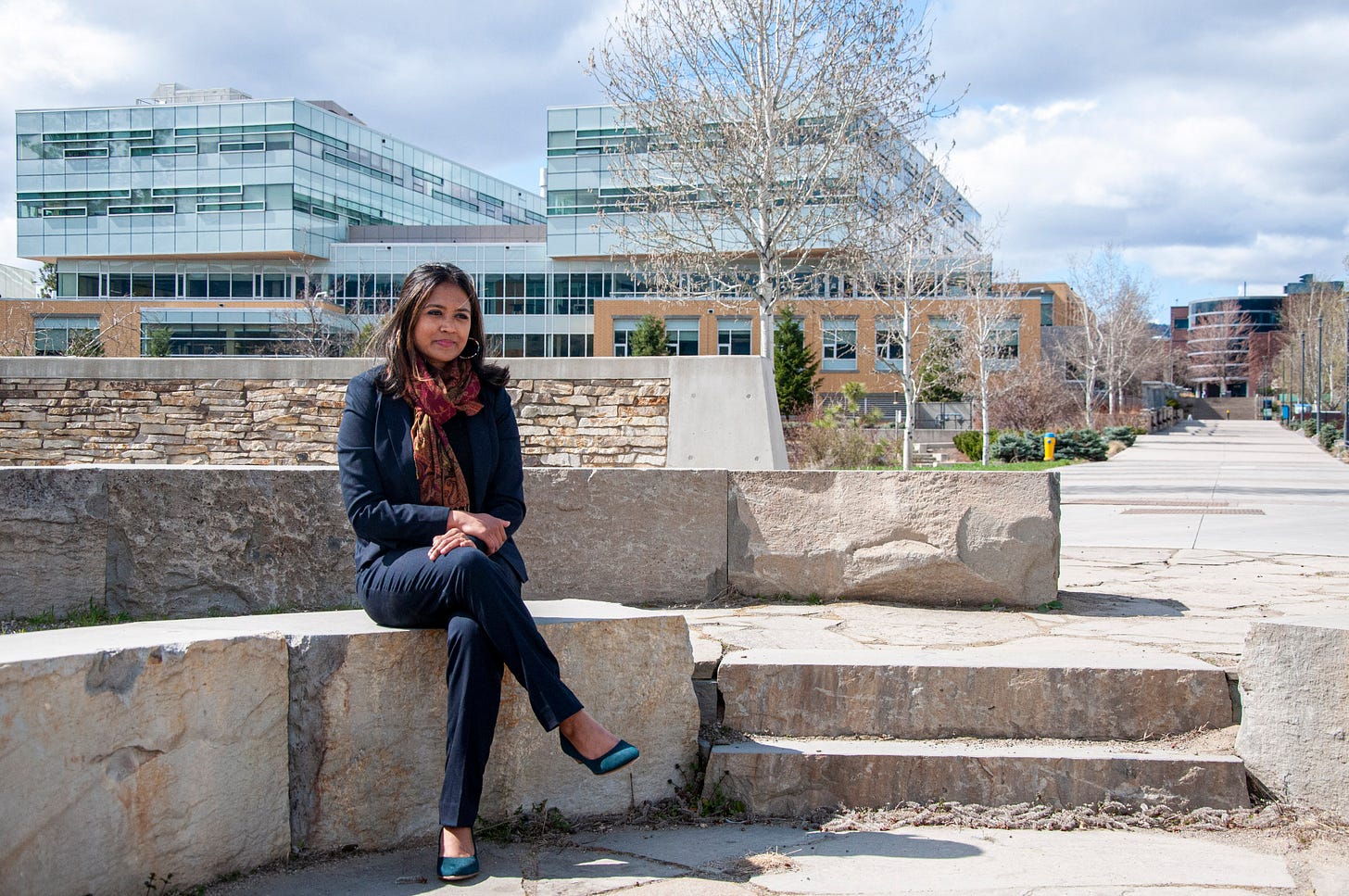Hey Readers, This week’s post comes to us from Nithasha, an experienced educator from the University of British Columbia.
In the scope of this article, the word parent is used to represent the primary caregiver in the household, who has the most significant influence in the child's life, which may also include a non-biological caregiver.
Most parents are confused. From a place of wanting to provide the best for their children, they struggle to know if they are doing enough or if there is something they could do better. What really is the best thing you can do as a parent? Let’s explore.
Good news! From much research and understanding of how parent-child relationships work, there is only so much you can do as a parent.
Model the behavior you want your child to develop.
Parenting offers you the greatest opportunity to spend the most time with your children. The child, though you are unaware, is very attentive to you during this time. A child between 3 and 5 years of age considers their parents as their superheroes. As if they were sponges, kids absorb everything around them. Therefore, whatever you do, they watch and do it on their own. In other words, if you behave in a respectful manner around your child, you are automatically conveying the value of respect to your child. By living a healthy lifestyle every day, you can help your child understand the importance of living a healthy lifestyle. Modeling a behavior reinforces it on a regular basis, and the child can feel its consequences more directly than if we tell it. The gist is that you should ‘practice what you preach’.
Build hope
According to Gordon Livingston, the primary duty of a parent, apart from keeping them safe and loved, is to convey to the young, ‘ a sense of optimism’. A conviction that despite the losses and uncertainties of life, we can achieve happiness. Like all the values we wish to teach our children- empathy, respect, honesty, perseverance, - the supreme importance of hope is taught by example. As a parent, there is much scope for you to build basic coping mechanisms in the child which are crucial in today's world.
Let the mistakes happen
A simple definition of learning can be exploring the unfamiliar, taking informed risks, being open to making mistakes, and appreciating multiple perspectives. It is best if the practice of this kind of learning begins at home. You know most inventions were the result of some accidental ‘mistake’. It is a good idea for parents to point out their own small mistakes to their children to show them how making mistakes is normal. This could be anything from you losing your keys or forgetting to turn off the TV. Educating him or her about our inherent human imperfection will lead to greater trust and wholeness as your child grows. There is also a chance to have a good laugh here and there when we openly admit our mistakes.
Many parents are afraid that they are not up to the task, that they will fail, and their children will be lost. Most often this anxiety, uncertainty, and fear of failure are all we transmit, while we are trying so hard to be good parents. As a parent, you can have high expectations for your child and help them grow up to them. However, at the end of the day, you must accept that your child is an individual and that you can only do so much as a parent. Meanwhile, what you can influence is cultivating joy, trust, and understanding between you and your child.
Link to more info
https://letterstozoe.com/how-to-learn/
Too soon old, too late smart - Gordon Livingston
https://www.ted.com/talks/molly_wright_how_every_child_can_thrive_by_five
Nithasha is a Teach For India alumna who continued to follow her passion for teaching by pursuing a Master's in education from UBC. She is a strong believer in how proper education and awareness can change the world for the good.









Thank you to your tips. This will https://fileexplorerwindows.com helps a lot.